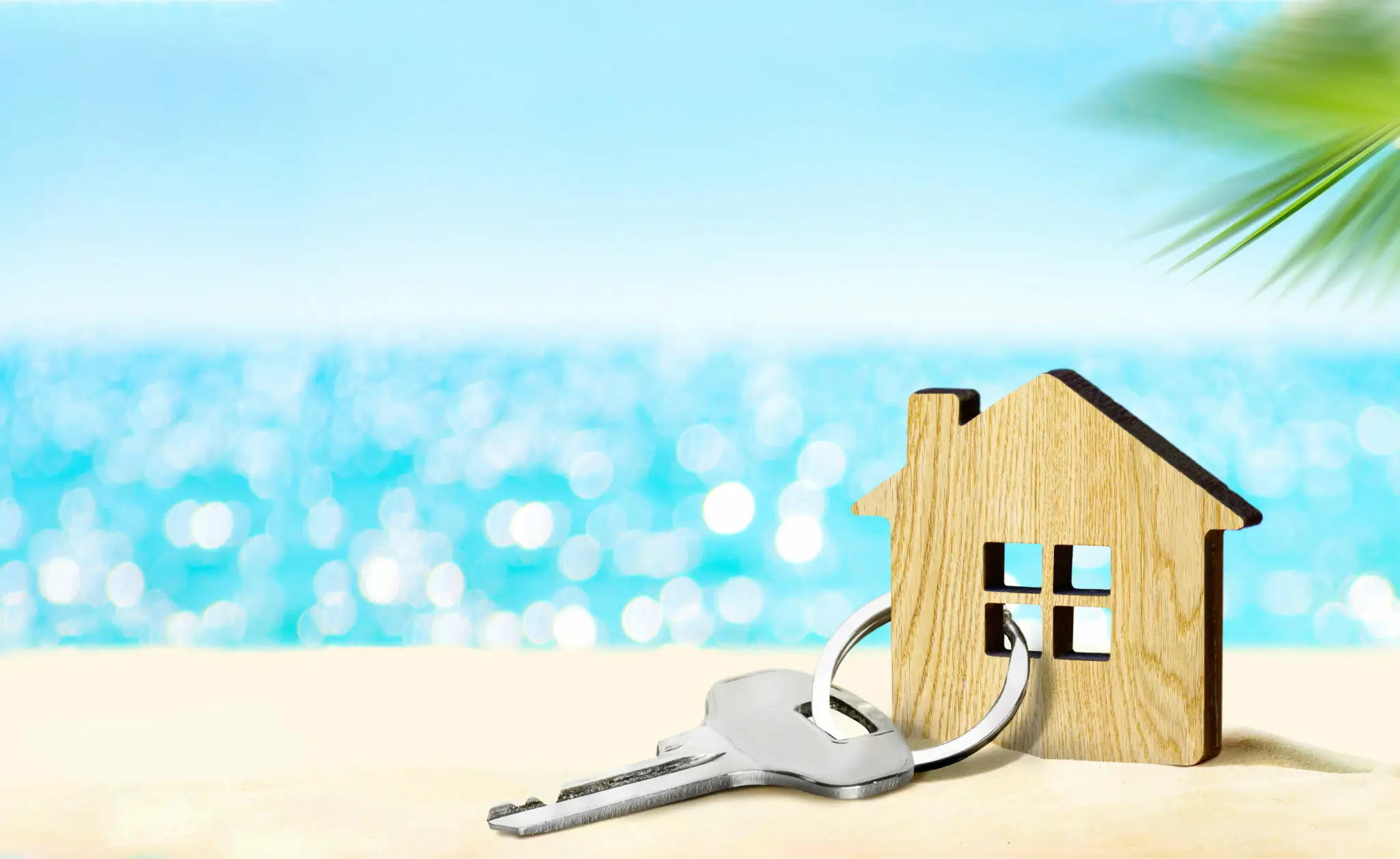
Vacation Homes: the ultimate escape from the daily grind. But wait, have you thought about safeguarding your haven away from home? Insurance for vacation homes isn’t just an afterthought—it’s the key to worry-free getaways. In this guide, unlock the secrets to ensuring your retreat stays a paradise, free from unexpected disasters. From tips on coverage to navigating the insurance maze, get ready to fortify your slice of vacation heaven. Time to dive in and safeguard those cherished moments – let’s keep your escape worry-free!
The Importance of Insurance for Vacation Homes
Vacation homes, those tranquil havens away from the daily hustle, embody our dreams of escape and relaxation. Yet, amidst the allure of these retreats, the necessity of securing them against unforeseen risks often gets overlooked. Insurance for vacation homes stands as a crucial shield, fortifying your cherished getaway against potential disasters.
Assessing the Risks
Picture this: a serene lakeside cabin or a cozy beach house—the very image of peace and tranquility. However, nature’s unpredictability can quickly turn this idyllic scene into a nightmare. Storms, floods, wildfires—nature’s fury knows no bounds, and your vacation home might stand in its path. It’s vital to assess the specific risks your property faces based on its location and surroundings. Coastal homes face different hazards than those nestled in wooded areas or mountain regions.
Understanding Coverage Needs
When it comes to vacation homes, insurance coverage isn’t a one-size-fits-all scenario. The policy you need depends on various factors: the location, how often you use the property, whether you rent it out, and the specific risks prevalent in the area. Dwelling coverage protects the structure itself, while personal property coverage safeguards your belongings within. Liability coverage is also crucial—accidents can happen, and being legally protected is a must.
Navigating Insurance Options
Choosing the right insurance for your vacation home can be akin to navigating a maze. Traditional homeowners’ insurance might not suffice, necessitating specialized coverage. Look into options such as comprehensive policies tailored explicitly for vacation properties or endorsements to your existing coverage that extend to your second home. Some insurance companies offer bundled packages if you insure both your primary residence and vacation home with them.
Cost Considerations
Costs can vary significantly based on numerous factors. The location, the property’s age and condition, the coverage limits, and your chosen deductibles all play a role in determining the insurance premium. While it might seem like an additional expense, the cost of repairing or rebuilding a vacation home after a disaster far outweighs the price of insurance.
Mitigating Risks
Beyond insurance, there are steps you can take to mitigate risks and reduce potential damage. Installing security systems, storm shutters, fire alarms, and having someone regularly check on the property during off-seasons can help prevent or minimize losses.
Conclusion
Vacation homes epitomize tranquility and escape, but safeguarding these retreats is paramount. Insurance for vacation homes offers the peace of mind necessary to fully enjoy your getaway, ensuring that even in the face of adversity, your slice of paradise remains protected. Assessing risks, understanding coverage needs, and navigating insurance options are vital steps in securing your haven away from home. Remember, the investment in protection today ensures continued enjoyment tomorrow.
FAQS about Vacation Home Insurance
What does vacation home insurance cover?
Vacation home insurance typically covers the structure, personal belongings, and liability. It safeguards against perils like fire, theft, vandalism, and some natural disasters. However, coverage specifics may vary, so it’s crucial to review your policy to ensure adequate protection.
Do I need special insurance for a vacation rental property?
Yes, renting out your vacation home often requires specialized insurance. A standard homeowners policy might not cover rental activities. Consider landlord or rental dwelling policies that provide coverage for rental-related risks.
Can I get insurance if my vacation home is in a high-risk area?
Yes, insurance options exist for homes in high-risk areas. While coverage might be more expensive, specialized policies or government-backed plans like the National Flood Insurance Program can provide necessary protection.
Are there discounts available for vacation home insurance?
Yes, insurers may offer discounts for various factors like security systems, bundled policies, or loyalty. Installing security measures or having multiple policies with the same insurer could potentially lower premiums.
How often should I review my vacation home insurance policy?
It’s advisable to review your policy annually or whenever there are significant changes to your property or circumstances. Reassess after renovations, changes in property usage, or if you’ve added valuable items to ensure adequate coverage.






